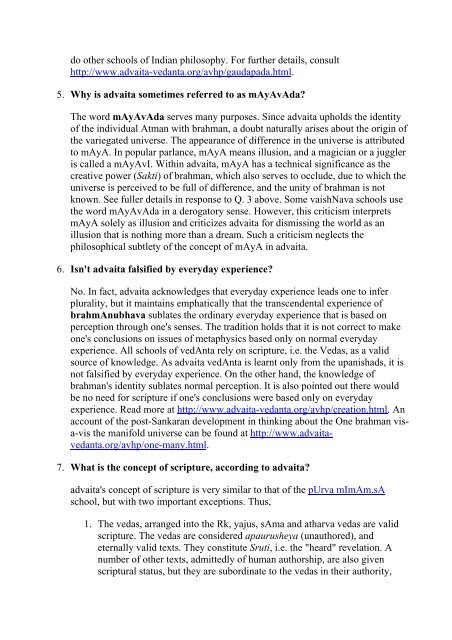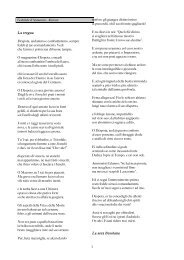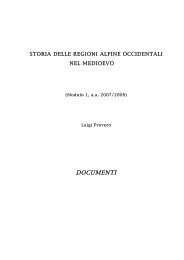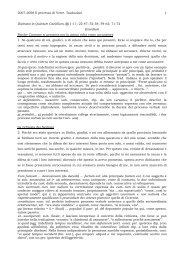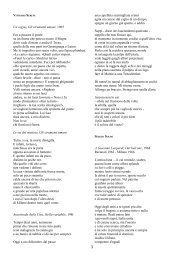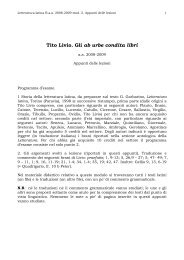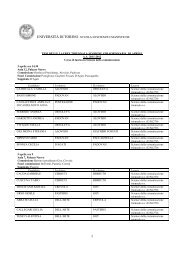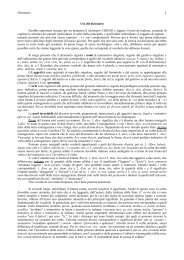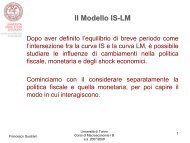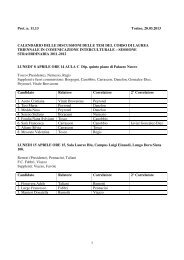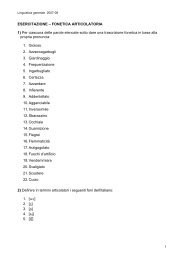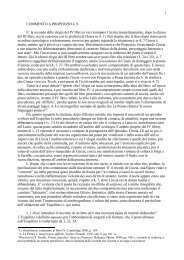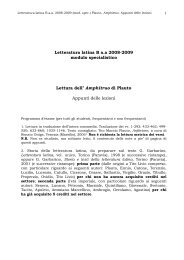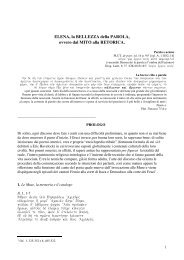ajAti vAda
ajAti vAda
ajAti vAda
Create successful ePaper yourself
Turn your PDF publications into a flip-book with our unique Google optimized e-Paper software.
do other schools of Indian philosophy. For further details, consult<br />
http://www.advaita-vedanta.org/avhp/gaudapada.html.<br />
5. Why is advaita sometimes referred to as mAyA<strong>vAda</strong>?<br />
The word mAyA<strong>vAda</strong> serves many purposes. Since advaita upholds the identity<br />
of the individual Atman with brahman, a doubt naturally arises about the origin of<br />
the variegated universe. The appearance of difference in the universe is attributed<br />
to mAyA. In popular parlance, mAyA means illusion, and a magician or a juggler<br />
is called a mAyAvI. Within advaita, mAyA has a technical significance as the<br />
creative power (Sakti) of brahman, which also serves to occlude, due to which the<br />
universe is perceived to be full of difference, and the unity of brahman is not<br />
known. See fuller details in response to Q. 3 above. Some vaishNava schools use<br />
the word mAyA<strong>vAda</strong> in a derogatory sense. However, this criticism interprets<br />
mAyA solely as illusion and criticizes advaita for dismissing the world as an<br />
illusion that is nothing more than a dream. Such a criticism neglects the<br />
philosophical subtlety of the concept of mAyA in advaita.<br />
6. Isn't advaita falsified by everyday experience?<br />
No. In fact, advaita acknowledges that everyday experience leads one to infer<br />
plurality, but it maintains emphatically that the transcendental experience of<br />
brahmAnubhava sublates the ordinary everyday experience that is based on<br />
perception through one's senses. The tradition holds that it is not correct to make<br />
one's conclusions on issues of metaphysics based only on normal everyday<br />
experience. All schools of vedAnta rely on scripture, i.e. the Vedas, as a valid<br />
source of knowledge. As advaita vedAnta is learnt only from the upanishads, it is<br />
not falsified by everyday experience. On the other hand, the knowledge of<br />
brahman's identity sublates normal perception. It is also pointed out there would<br />
be no need for scripture if one's conclusions were based only on everyday<br />
experience. Read more at http://www.advaita-vedanta.org/avhp/creation.html. An<br />
account of the post-Sankaran development in thinking about the One brahman visa-vis<br />
the manifold universe can be found at http://www.advaitavedanta.org/avhp/one-many.html.<br />
7. What is the concept of scripture, according to advaita?<br />
advaita's concept of scripture is very similar to that of the pUrva mImAm.sA<br />
school, but with two important exceptions. Thus,<br />
1. The vedas, arranged into the Rk, yajus, sAma and atharva vedas are valid<br />
scripture. The vedas are considered apaurusheya (unauthored), and<br />
eternally valid texts. They constitute Sruti, i.e. the "heard" revelation. A<br />
number of other texts, admittedly of human authorship, are also given<br />
scriptural status, but they are subordinate to the vedas in their authority,


